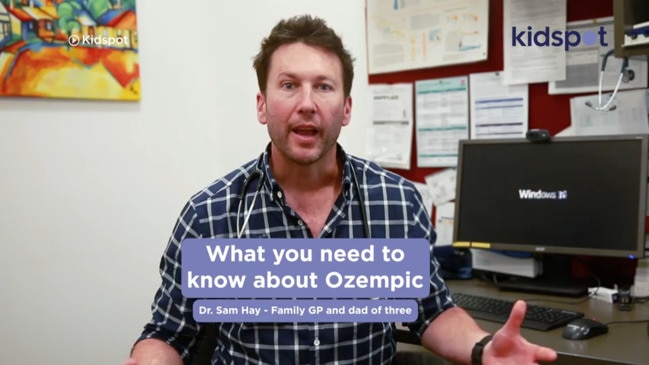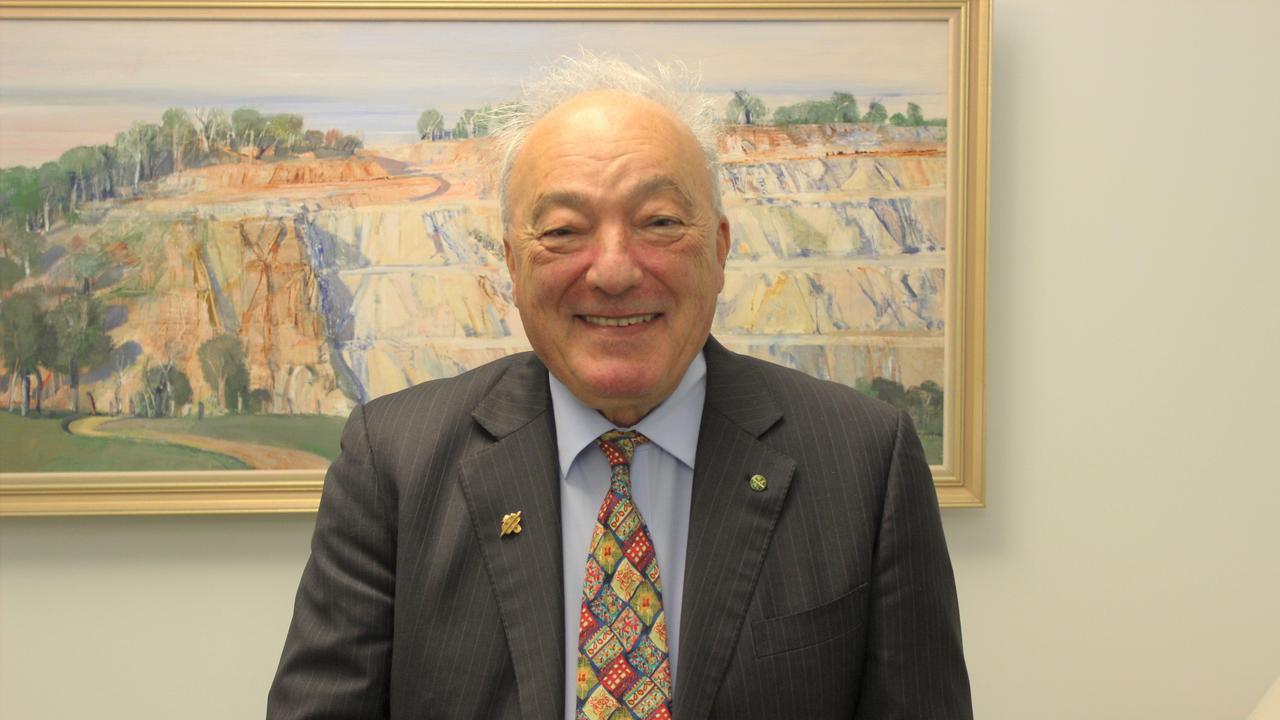Issue with diet drug revealed as shortage ends in Australia
Australian doctors have shared their concerns over a wonder weight loss drug that has gone viral among Hollywood’s elite.

A shortage of a viral diet drug – best known as Ozempic – is about to end and doctors are concerned Australians will rush to get their hands on it, leaving those who need it in the lurch.
The “wonder drug” semaglutide has gone viral as the latest controversial craze in celebrity diet culture, with rumours swirling of Ozempic parties attended by members of Hollywood’s elite.
A global shortage of the drug ensued, with the Therapeutic Goods Administration (TGA) warning Australians it would remain in short supply until the end of June.
The nation’s leaders in diabetes research congregated in Canberra on Tuesday with federal politicians for the initial public hearing of the national Inquiry into Diabetes.
Australian Diabetes Society chief executive Sof Andrikopoulos, who attended the hearing, said semaglutide’s use for weight loss was not “the issue”.
“The issues is we need to prioritise diabetics first,” he said.
“We’ve got an issue with supply, but the ADS is very in favour of having semaglutide indicators for obesity.”
Dr Andrikopoulos said the drug’s manufacturer Novo Nordisk had assured the ADS that supply would be able to meet demand.
He said semaglutide was a “very powerful” weight loss drug that needed to be made more accessible and, importantly, supported by an education program that helped users maintain a healthy lifestyle.

“We know it can reduce body weight by up to 12 per cent, the weight loss is sustainable while the person is on the drug and there’s very minimal side effects,” he said.
Some of the main side effects include constipation, diarrhoea, vomiting and nausea, while more extreme side effects include loss of muscle mass. Pregnant women are advised against using the drug.
The unknown diabetics
A Melbourne study found that 34 per cent of hospital patients over the age of 50 were found to have type 2 diabetes and 5 per cent had gone undiagnosed.
In Queensland, a similar study found that 25 per cent of all patients had diabetes.
“If you have diabetes and you’re admitted to hospital, you’re more prone to infection and your hospital stays are longer,” Dr Andrikopoulos said.
“We need a national standard for people who are bedridden and a national education program for healthcare workers.”
The implication is not only a growing impact on the nation’s healthcare system but a growing quantity of people – estimated around half a million – suffering from diabetes without any diagnosis.

There are more than 170,000 Australians diagnosed with type 1 diabetes and 1.3 million diagnosed with type 2 diabetes.
“It's not clear how many people are walking around with undiagnosed diabetes,” Dr Andrikopoulos said.
“That’s why we are hoping for a national prevention screening program.”
Australians want answers
Labor MP Mike Freelander is a practising paediatrician with close to 50 years of experience in healthcare and is the chair of the committee responsible for the inquiry.
“We are in the middle of a diabetes epidemic and it’s going to severely impact the health of future generations unless we can try and turn things around,” he said.
He said he had spoken with his general practice colleagues who say the general public are asking for access to semaglutide.
“I think that's one of the most remarkable changes in healthcare in the last decades … the general public has access to information now,” he said.
“They are aware of this, and they want answers.”
“I’ve had some of my parliamentary colleagues ask me about it.”
He said we “can’t hold back the tide” of people wanting access to the drug, but health authorities needed to establish guidelines to ensure people did not damage their health by using it wrongly.
The committee members will meet multiple times this year and there are plans to travel across the country – including to remote Indigenous communities – to better understand the diabetes crisis.
Ozempic has been included in the Australian Register of Therapeutic Goods (the ARTG) for the treatment of type 2 diabetes. This means that the medicine has been evaluated by the TGA for its safety, quality and efficacy for that indication only.



